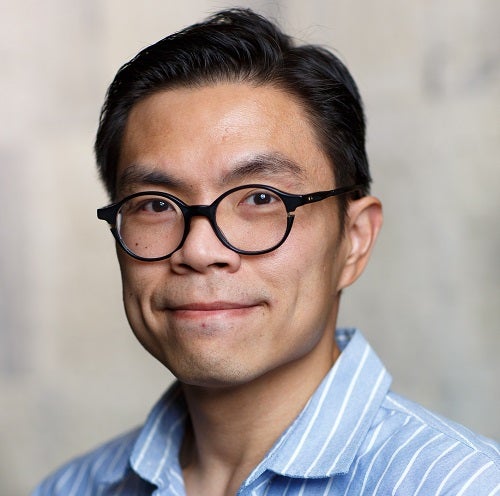Research Summary
Despite rapid advances in synthetic organic chemistry, many classes of small molecules remain inefficient to access using conventional methods. Enzymatic reactions, on the other hand, offer unparalleled potential for highly selective chemical transformations. By combining the power of modern enzyme engineering tools and advances in genome mining, The Renata laboratory aims to develop practical enzymatic solutions for traditionally challenging organic reactions, especially in the realm of C–H functionalization chemistry. The utility of these transformations will be showcased in the concise, scalable synthesis of bioactive natural products and their analogues, which in turn will serve as potential leads in drug discovery efforts or novel chemical probes to interrogate various cellular processes. These goals are pursued through collaborative efforts that take advantage of the uniquely interdisciplinary ecosystem at Scripps Research. Research projects are designed to be multi-faceted, providing students with broad exposure to synthetic organic chemistry, molecular biology, enzyme engineering and medicinal chemistry to ensure that they are well-equipped for future careers in both academia and industry.
Biography
Hans Renata was born in Surabaya, Indonesia. After completing his high school education in Singapore, he moved to the US and received his B.A. degree from Columbia University in 2008, conducting research under the tutelage of Professor Tristan H. Lambert. He earned his Ph.D. from The Scripps Research Institute in 2013 under the guidance of Professor Phil S. Baran. In his graduate thesis, Hans completed the synthesis of a polyhydroxylated cardiac glycoside, ouabagenin, and developed a range of corticosteroid analogues bearing hydroxylation at the C19 position. In 2013, he began his postdoctoral studies in the laboratory of Professor Frances H. Arnold at the California Institute of Technology. Hans joined the faculty at The Scripps Research Institute Florida in the summer of 2016 and was promoted to the rank of associate professor with tenure in 2022. Starting in July 2022, Hans will join the faculty at Rice University. Outside of the lab, Hans enjoys drinking good beer, while trying to stay up to date with new music and his favorite soccer teams

